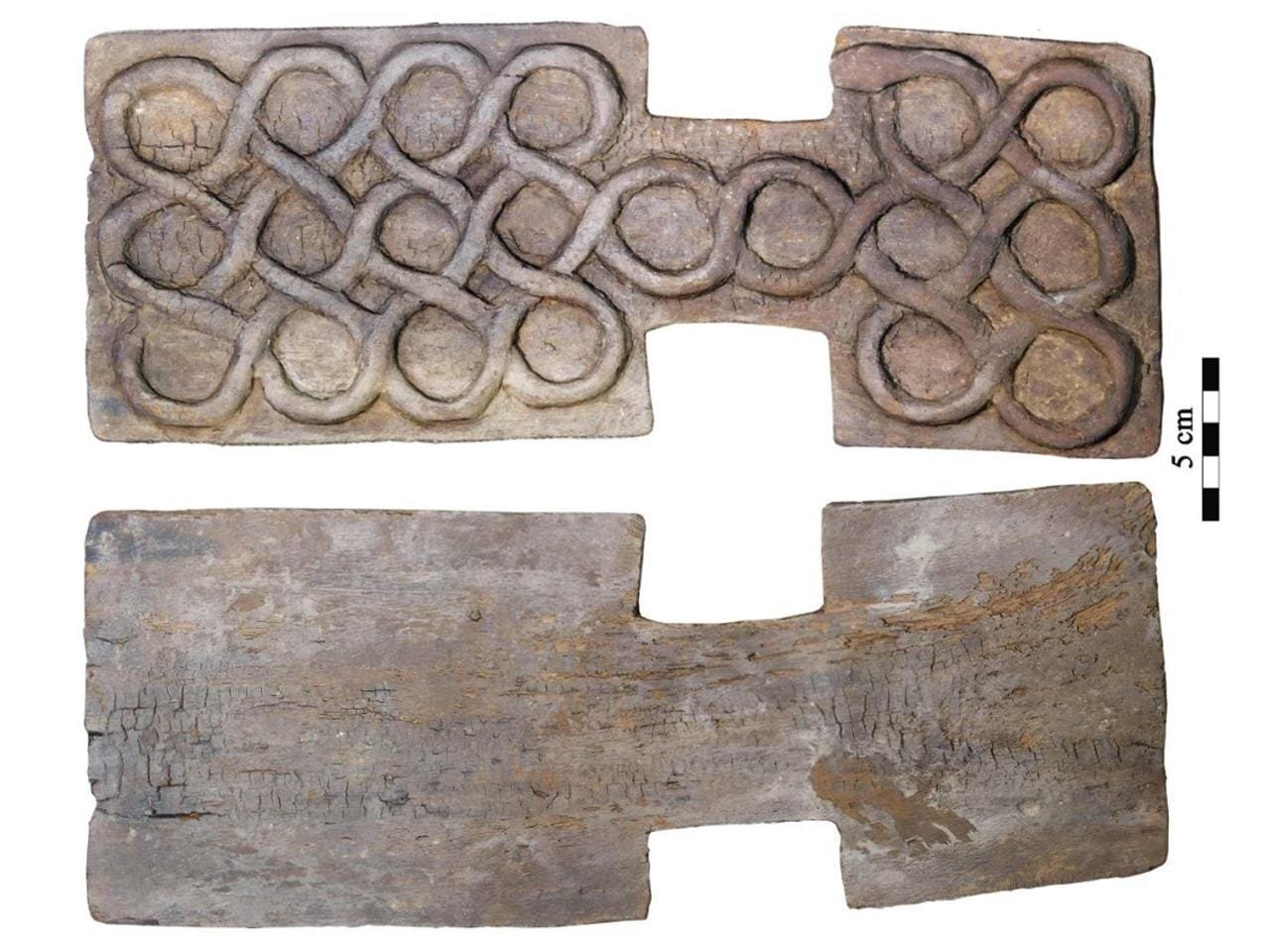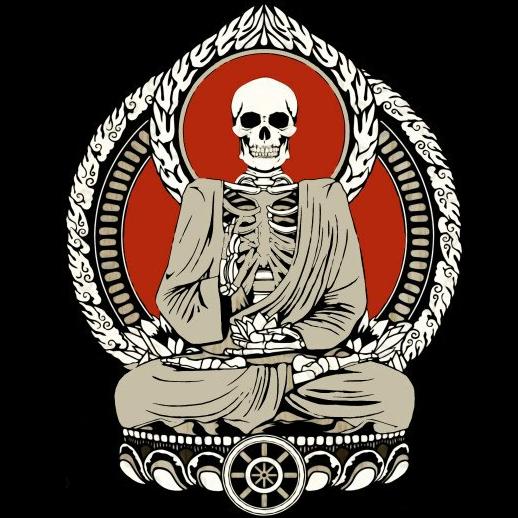If I got this right the relationship between this and the game of Ur is a lot like chess vs. shōgi: similar board and objective; common origin; different pieces, rules, and strategy.
Modern AI techniques are further aiding the understanding of ancient games. By simulating thousands of potential rulesets, AI algorithms help determine which rules result in enjoyable gameplay.
The “AI” in question is probably more like chess engines, and completely unlike LLMs or diffusion models. Just a way to simulate a huge number of games between decent-ish players, for any given ruleset. That allows you to check if any given ruleset has blatant issues, like:
- One side almost always wins
- The winner is determined too early
- The game takes too few or too many turns to complete
- There are “cheesing” strategies
Gamesets with those issues are unlikely to be played by human beings enough to allow the game to spread.
There’s probably a lot of guesswork in the ruleset that the researchers chose though.
Clearly related to the Royal Game of Ur, but researchers looking at a bag of game pieces and pretending that they know how the game was played is absolute horseshit.
Researchers thus turned to a combination of archaeological evidence, historical comparisons, and modern computational tools to reconstruct plausible gameplay.
So they used AI to tell them how the game was played?
Did… did you just get triggers by the idea that somebody might have used Ai?
Do you need help? Is the big bad Ai in the room with us right now?
Man you’re calling me out for the wrong stuff. I am one of the few AI proponents on Lemmy.
I’m triggered by the headline claiming they discovered the rules for a new game when they instead decided to make up plausible rules based on the game pieces that were nearby.
As a professional game designer, I know that there is no way to recreate the rules for a game based on a grab bag of parts - there’s far, FAR too much entropy in the possibilities.
Edit:
Like, imagine I handed you a bag of chess pieces, but there was also a toilet miniature. (I just picked something random that’s not already in a chess variant). I know what rules the toilet piece moves with, because I invented it, but there is virtually no way you can guess what the rules for it are. You could, like the researchers here, make up your own rules for that piece, but the likelihood of it being accurate is close to nil.
I can only assume you read the actual 78 page article and are comprehensively refuting the researchers’ methodology based on your deep well of knowledge on this subject
I did not, hence why I’m asking the question.
Besides, yes they did use AI of some kind:
Modern AI techniques are further aiding the understanding of ancient games. By simulating thousands of potential rulesets, AI algorithms help determine which rules result in enjoyable gameplay.
Irving Finkel intensifies
Different games. Finkel plays the Royal Game of Ur.
I know, but it looks like a related/similar game







